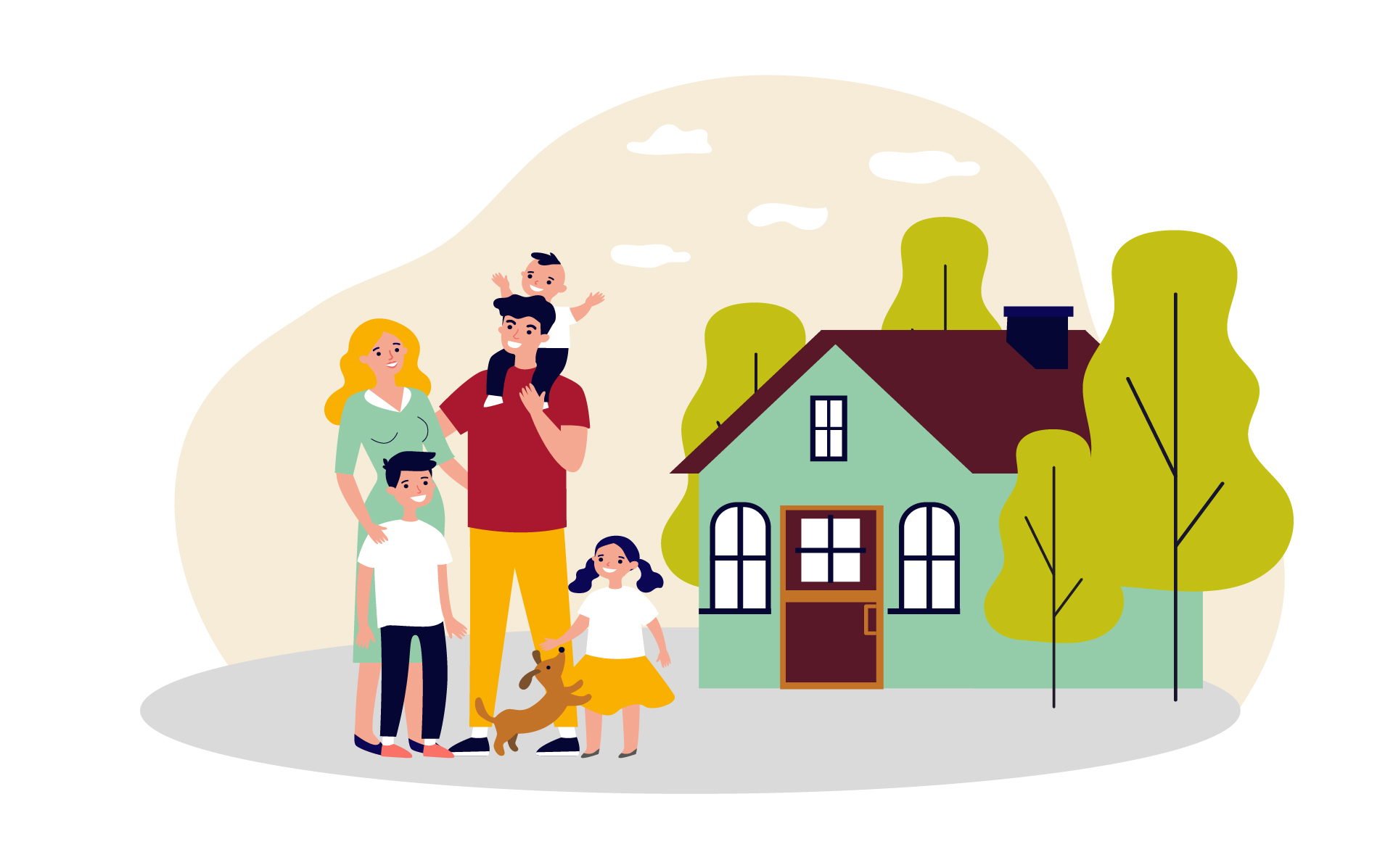Here’s what you need to know to make your dream home come true
So, you want to buy a house. If you’ve done it before, you’ll know about the admin and the extra costs, and which neighbourhoods (and which estate agents) to avoid.
But if you’re buying for the first time, you could be about to make some costly rookie mistakes.
“Buyer’s remorse is not uncommon amongst first-time buyers,” warns Yael Geffen, CEO of Lew Geffen Sotheby’s International Realty.
She says that thorough preparation is your best asset.
If you’ve done your homework and devised a clear plan of action, you can easily circumvent costly mistakes and shop for your dream home with confidence.
Budgets and interest rates
A house is a big-ticket purchase that you’ll likely be paying off for years to come. But what’s not so obvious is exactly how much it will cost you.
“Buyers need to arm themselves with the facts and figures associated with buying a home before they start to look at properties,” says Carl Coetzee, CEO of BetterBond.
“They need to understand what and where they can afford to buy, so they know where to start looking. This knowledge will strengthen their hand in dealing with real estate agents, who will appreciate that buyers have done their homework.”
Part of that homework is figuring out what interest rate you need to insist on when you apply for a home loan.
A 0.5% difference in interest rate can save you about R72,000 on a home loan of R1-million, over a standard 20-year bond term. It all adds up in the long run.
What you’re really buying
Most importantly, you’ll need to consider what estate agents call the three most important things about property: location, location and – you guessed it – location.
“Your home’s location will determine not only the future value of your investment, but will also impact many aspects of your everyday life in years to come,” says Geffen. “You are not only buying bricks and mortar, but also a lifestyle.”
Before you buy in a new neighbourhood, look for busted-down buildings and shuttered shopfronts, sure signs of an area in decline.
Enquire about major developments that may be coming to block out your beautiful view and the incoming light.
As Geffen points out, don’t underestimate the impact of regular inconvenience on your happiness or your wallet.
“Is there a shopping centre nearby where you can accomplish several errands at once, or do you have to drive to multiple destinations to fill a prescription, buy groceries and have your jacket dry-cleaned?” she asks.
Ask these questions before you buy and you’re likely to be a lot happier with your choice.
The hidden costs
Finally, there’s something that many first-time house buyers learn the hard way: all the additional costs. Transfer duties, conveyancer fees, rates clearances, deeds office fees, attorneys’ fees, insurance.
Some might cost a few hundred Rand, but others add up to several thousand. Like the 10% upfront deposit, which has burned the fingers of many a first-time buyer.
In short, do your homework, and save up at least 20% of the property’s purchase price, including that deposit.
A humble R1-million home could easily cost you R200,000 before you’ve even picked up the front door key.
But it’s worth it. As Bill Rawson, Chairperson of the Rawson Property Group, says. “Survey after survey has shown that, at the lower- and middle-income groups, investing in a house is the surest way for people to build up an asset. Unless they are extremely self-disciplined, no other investment channel performs as satisfactorily for these income groups as does housing.”
Even if you end up selling your house as your family grows or your needs change, buying your first property is an exciting, positive and potentially profitable life change.
All it takes is a little bit of knowledge, and a willingness to keep looking until you find the perfect house. Happy hunting!

Leave a Reply